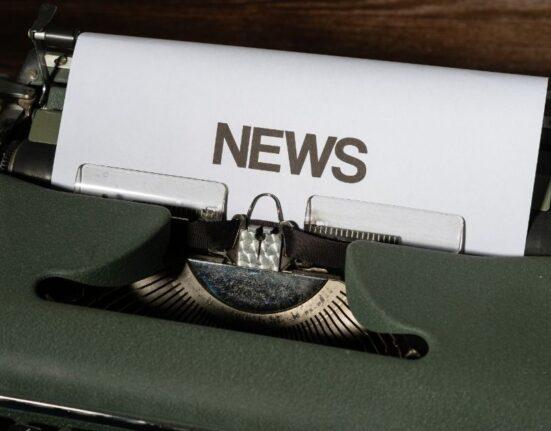I was speaking with my speaking manager, Li Hayes, about something and she said to me “I don’t know” about a question I asked her. When she said it to me, for some reason, I thought of more highly of her than I already do. Let’s explore this further and understand better and explore how.
As entrepreneurs, we often feel like we need to have all the answers – that not knowing something is a weakness. But what if I told you that saying “I don’t know” can actually be a powerful tool for building trust with your customers? It may sound counterintuitive, but sometimes admitting that you don’t have all the answers can actually make your customers trust you more. In this post, we’ll explore why saying “I don’t know” can be a good thing, and how to do it effectively.
Honesty is the best policy
When you’re dealing with customers, they want to know that they can trust you. And what better way to build trust than by being honest? If you don’t know the answer to a question, it’s much better to say so than to try to bluff your way through it. Customers can tell when you’re being insincere, and it erodes the trust they have in you. On the other hand, when you’re honest about what you know and what you don’t know, it can actually strengthen the relationship.
Related article: How to Convince Your Clients That You Have the Solution for Them(Opens in a new browser tab)
It shows that you value their time
When you don’t know the answer to a question, it can be tempting to try to come up with a response off the top of your head. But this can end up wasting everyone’s time – yours and your customer’s. By admitting that you don’t know the answer, you’re showing that you value their time and that you want to get them the correct information as efficiently as possible.
It can lead to better solutions
Sometimes, admitting that you don’t know the answer can lead to a better solution overall. When you’re upfront about what you don’t know, it creates an opportunity to work collaboratively with your customer to find the right answer. This can lead to a better outcome for everyone.
Saying it confidently
When you say “I don’t know” to a customer, it’s important to do so confidently. If you sound unsure or hesitant, it can erode the trust you’ve built up. So, practice saying it with conviction – “I don’t know, but I’ll find out and get back to you as soon as I can.” This lets the customer know that you’re taking their question seriously, and that you’re committed to finding the right answer.
It can make you even more credible
Finally, admitting what you don’t know can actually make you appear even more credible when you do know the answer. Customers are more likely to trust you when they know that you’re not afraid to admit your limitations. So, don’t be afraid to say “I don’t know” – it could end up being one of your most powerful tools for building rapport with your customers.
In Summary
In the world of business, where knowledge is power, admitting that you don’t know something can feel like a weakness. But as we’ve seen, saying “I don’t know” can actually be a powerful tool for building trust with your customers. It shows them that you’re honest, that you value their time, and that you’re committed to finding the right answers. So, next time you’re faced with a question you don’t know the answer to, embrace the power of “I don’t know.” Your customers will thank you for it.
Suggested reading
- “Daring Greatly: How the Courage to Be Vulnerable Transforms the Way We Live, Love, Parent, and Lead” by Brené Brown. It emphasizes the importance of vulnerability in achieving personal growth and building stronger connections with others.
- “The Courage To Trust: A Guide to Building Deep and Lasting Relationships” by Cynthia Lynn Wall LCSW. This book provides practical guidance on how to build or regain trust in a relationship.
- “Trust Works! Four Keys to Building Lasting Relationships” by Ken Blanchard. This book uses an engaging story to present a powerful message about trust and how to build it. Unfortunately, there’s no direct Amazon link provided in the search results.
- “Crucial Conversations: Tools for Talking When Stakes Are High” – This book offers techniques for having productive conversations in high-stakes situations.
Want to get practice speaking? Check out the Great American Speak Off












